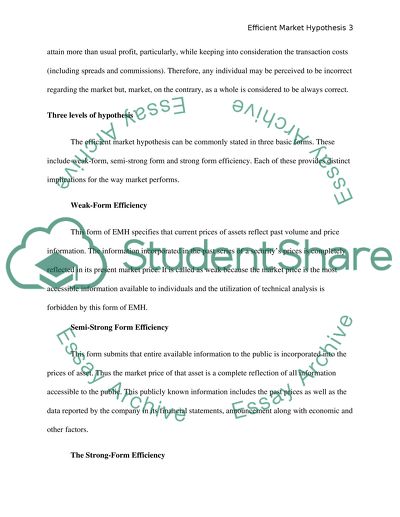Cite this document
(“Efficient Market Hypothesis Assignment Example | Topics and Well Written Essays - 1000 words”, n.d.)
Retrieved from https://studentshare.org/finance-accounting/1465553-efficient-market-hypothesis
Retrieved from https://studentshare.org/finance-accounting/1465553-efficient-market-hypothesis
(Efficient Market Hypothesis Assignment Example | Topics and Well Written Essays - 1000 Words)
https://studentshare.org/finance-accounting/1465553-efficient-market-hypothesis.
https://studentshare.org/finance-accounting/1465553-efficient-market-hypothesis.
“Efficient Market Hypothesis Assignment Example | Topics and Well Written Essays - 1000 Words”, n.d. https://studentshare.org/finance-accounting/1465553-efficient-market-hypothesis.


